InAsia
Insights and Analysis
Photo Blog: Critical Issue -Transparency & Accountability
January 22, 2014

The watchdog Transparency International lists corruption as one of the biggest hurdles to India’s development, with scams at the national and local level resulting in billions in losses for the country’s economy. Above, partially demolished buildings in India’s capital, Delhi. Photo/Conor Ashleigh
While India’s battle over corruption remains one of its greatest obstacles, citizens are increasingly stepping up and demanding greater accountability from their government, driving groundbreaking new changes in legislation and access to information. Photo/Karl Grobl
New Delhi residents can now call an anti-corruption helpline, just set up by the city’s new governing party, to report bribe demands from government officials. In Dec. 2013, Parliament passed a landmark anti-corruption bill to set up an independent agency to investigate cases of corruption and bribe taking at different levels of government and within the bureaucracy. Photo/Conor Ashleigh
In Pakistan, due in large part to a lack of political will and accountability in government, residents endure crippling power outages – some lasting up to 22 hours a day – that have cost the country billions of dollars in productivity and sparked widespread anger. Above, a protest breaks out in Lahore over the blackouts. Photo/Sara Farid
Protests spread in central Lahore. The issue presents a challenge to Pakistan’s new government, which declared the energy crisis a top priority. However, rampant corruption and poor management make this an enormous challenge to overcome. Photo/Sara Farid
Despite this, spaces where citizens can raise their voice on local priorities in their communities are increasingly available. Members of a town hall group, organized by the Citizens’ Voice Program, describe the poor sewage and electricity systems in their village outside of Rawalpindi. Photo/Sara Farid
After the town hall group defines its top priorities, they bring them to the local government leaders and hold them accountable for following through on the requests. In a highly centralized system like Pakistan, local voices rarely make it to the national level. Groups like this one are changing that. Photo/Sara Farid
The indicators of Nepal’s developmental progress are mixed: there are some very significant successes in health and education, the macro-economy is stable, and remittances are high. At the same time, impunity and corruption are entrenched. Photo/Conor Ashleigh
Hydropower offers enormous opportunity for Nepal, with the potential to viably generate upwards of 40,000 megawatts of hydropower, but has been stuck at generating less than 700 megawatts for over two decades. Given Nepal’s instability, unpredictable policy environment, and unbridled corruption, foreign companies have been reluctant to invest. Photo/Conor Ashleigh
In Nov. 2013, almost 80 percent of eligible voters participated in Constituent Assembly elections. Monitoring and observation efforts were thorough – and new websites, such as NepalVotes.com supported by The Asia Foundation, provided citizens with real-time results and a place to report fraud. Photo/Indra Manandhar
A woman sweeps in front of Nepal’s Constituent Assembly building in Kathmandu. As the constitution-drafting process gets under way, attention to building robust, open, and participatory institutional practices will be critical. Photo/Conor Ashleigh
About our blog, InAsia
InAsia is posted and distributed every other Wednesday evening, Pacific Time. If you have any questions, please send an email to [email protected].
Contact
For questions about InAsia, or for our cross-post and re-use policy, please send an email to [email protected].The Asia Foundation
465 California St., 9th Floor
San Francisco, CA 94104
The Latest Across Asia
Program Snapshot
April 18, 2024
News
April 17, 2024

2024 Lotus Leadership Awards
Thursday, April 25, 2024, New York City
The Lotus Leadership Awards recognize contributions towards gender equality in Asia and the Pacific

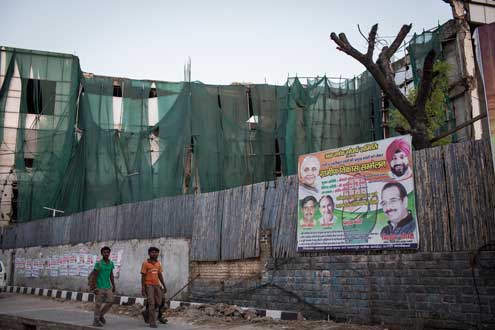
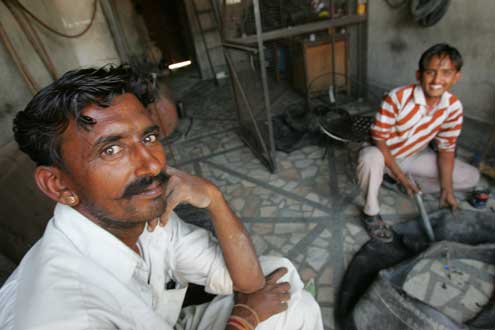
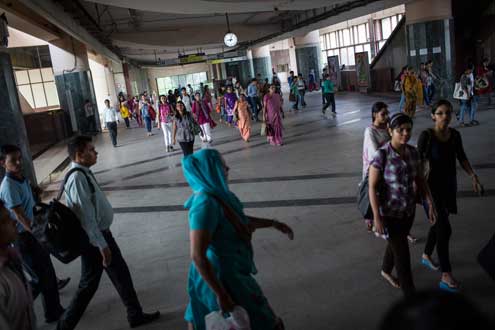
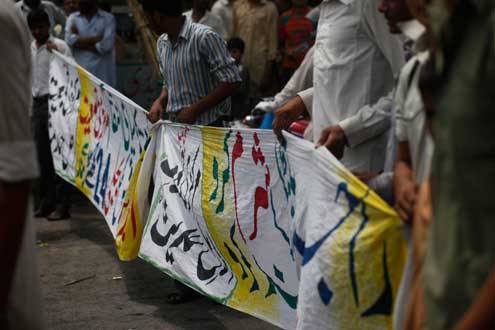
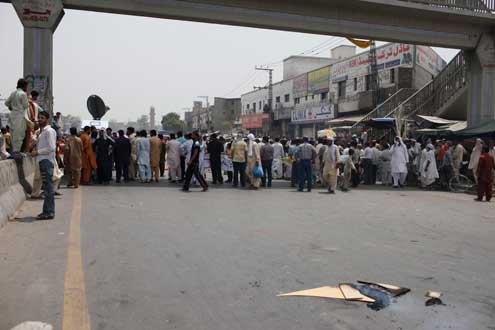
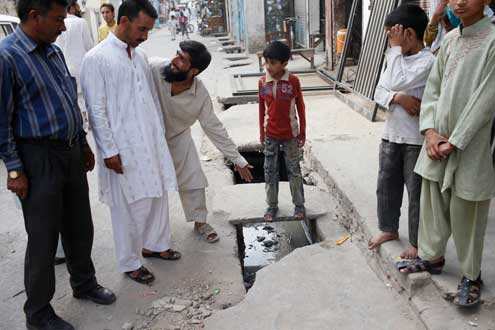
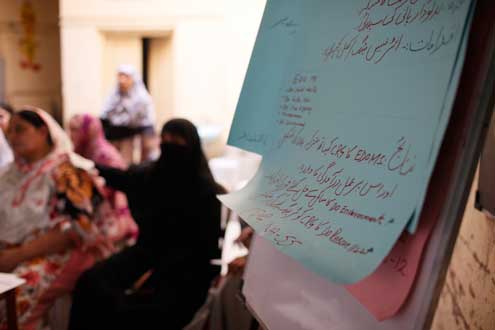

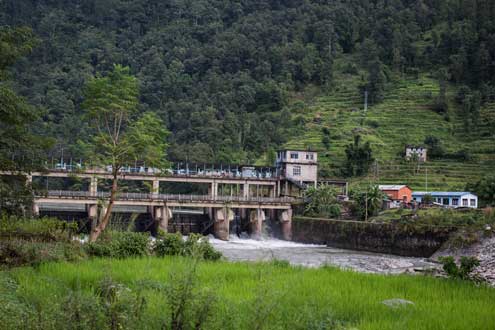
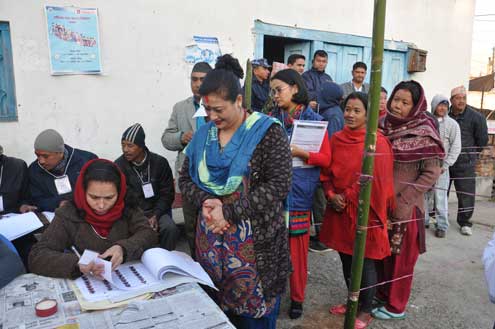







0 Comments